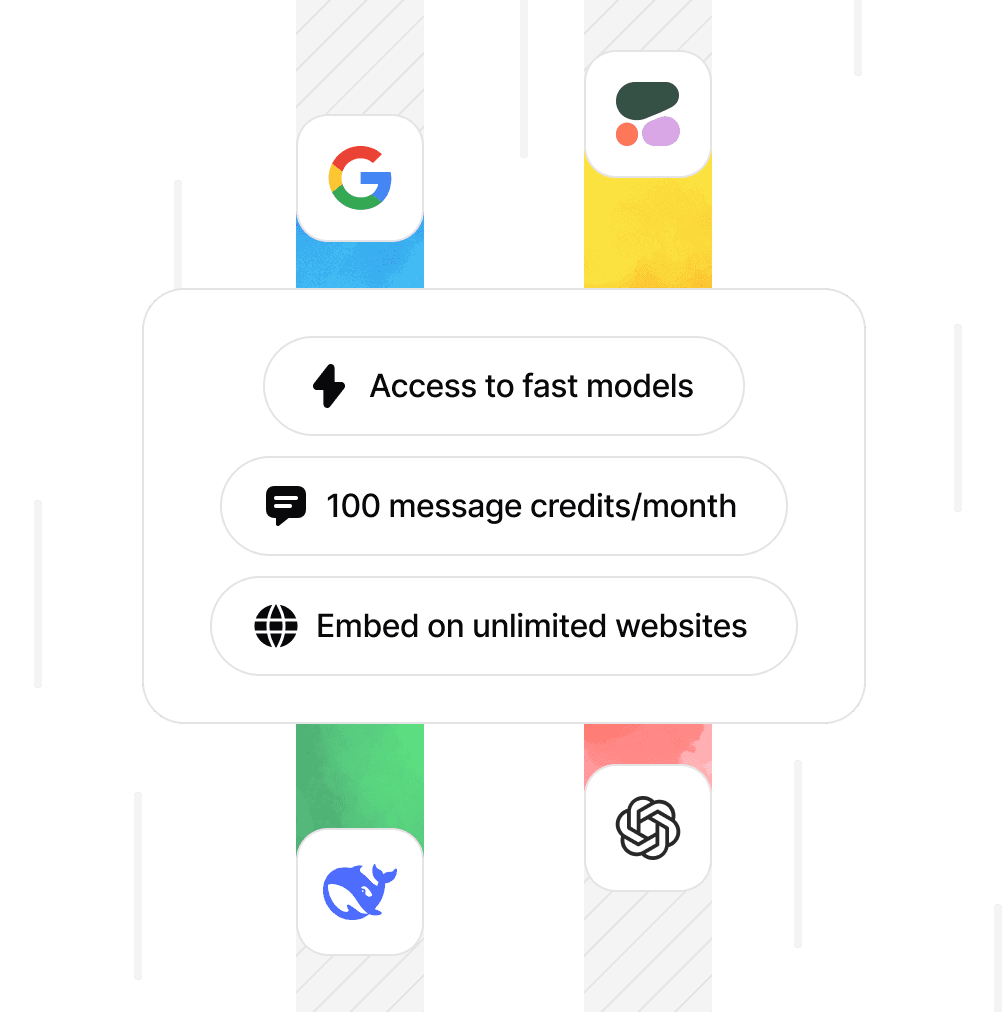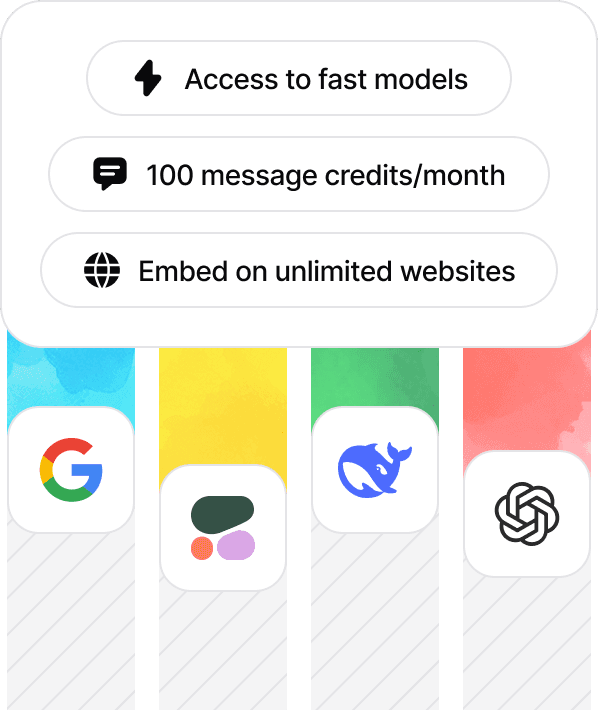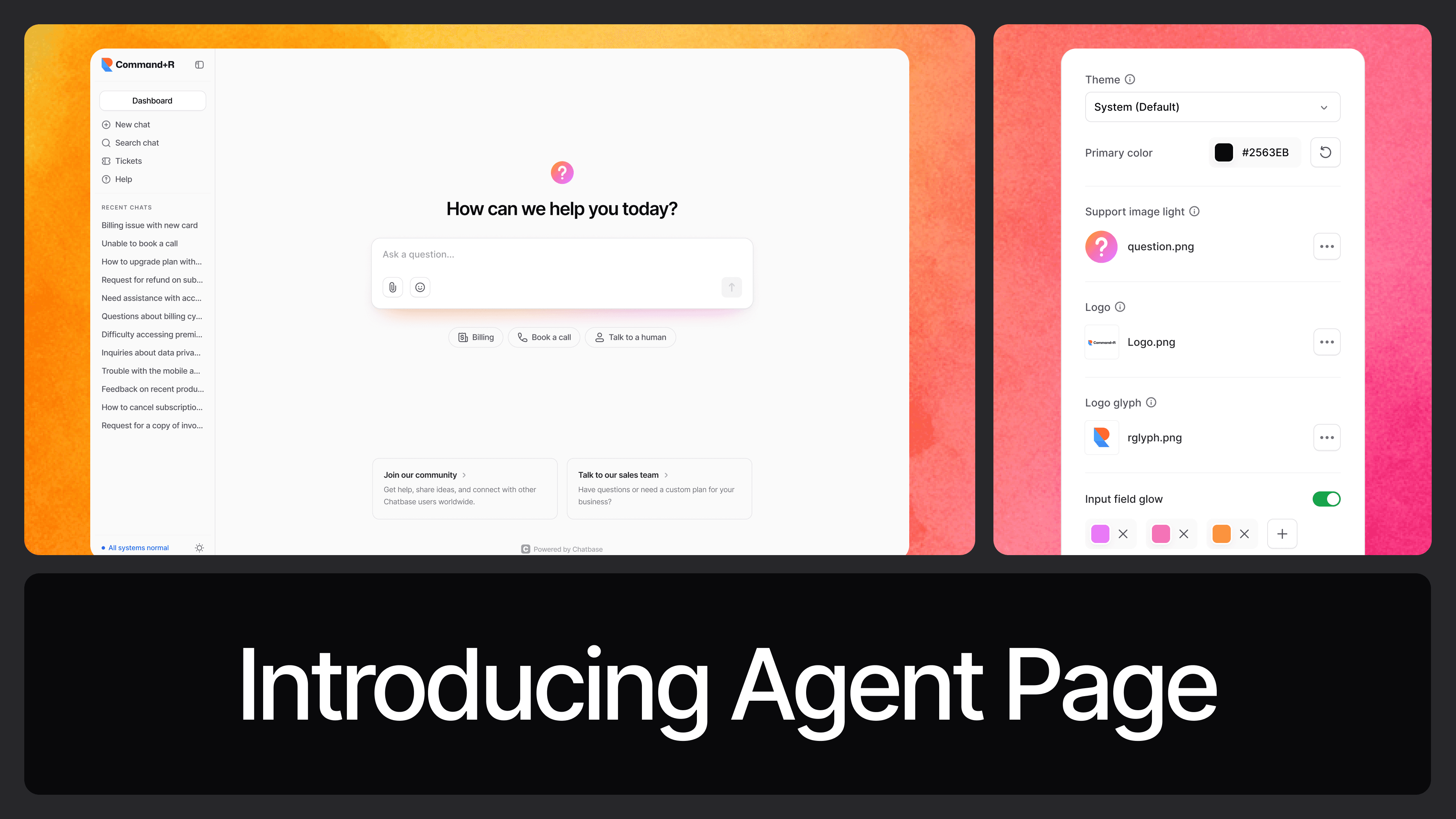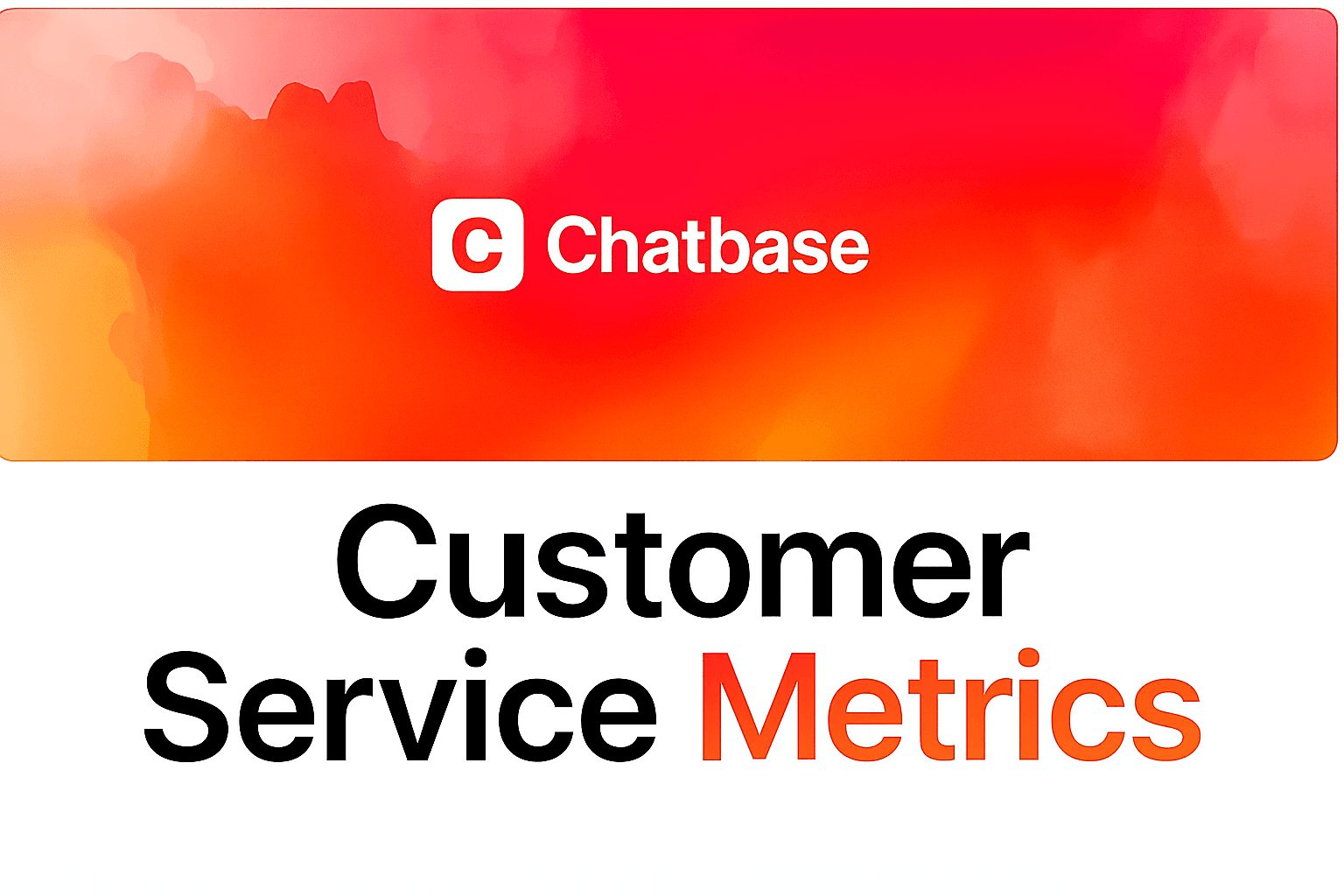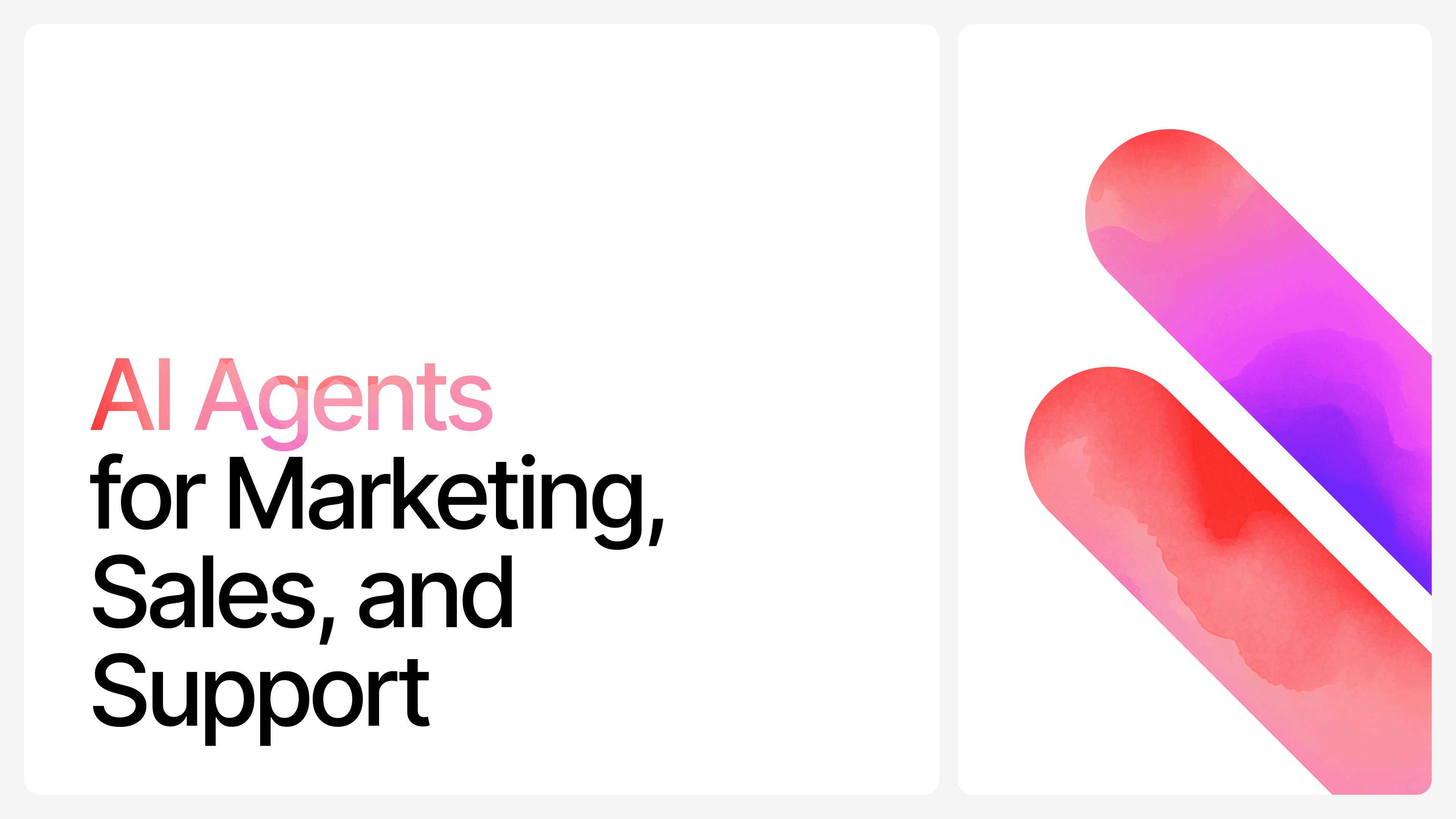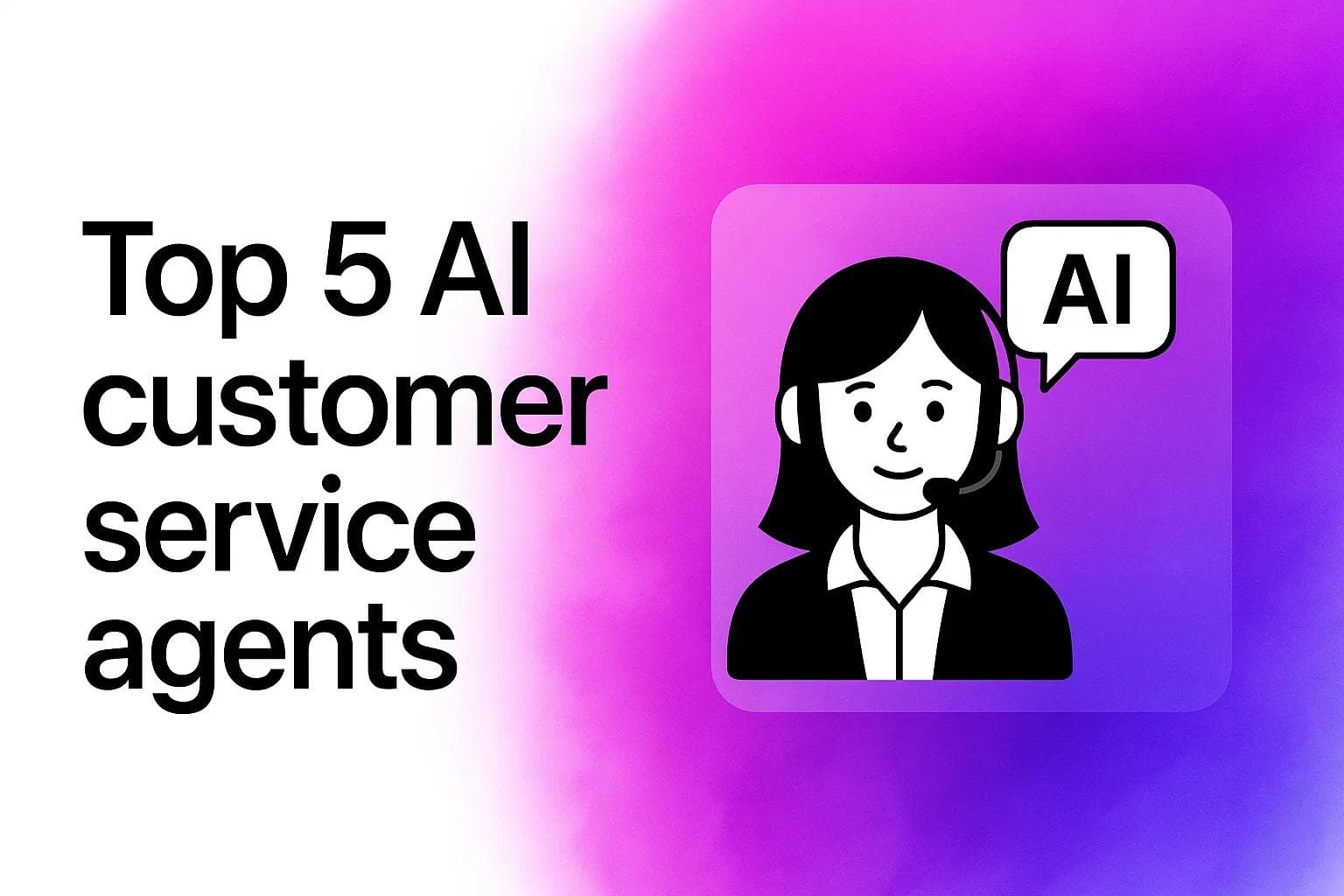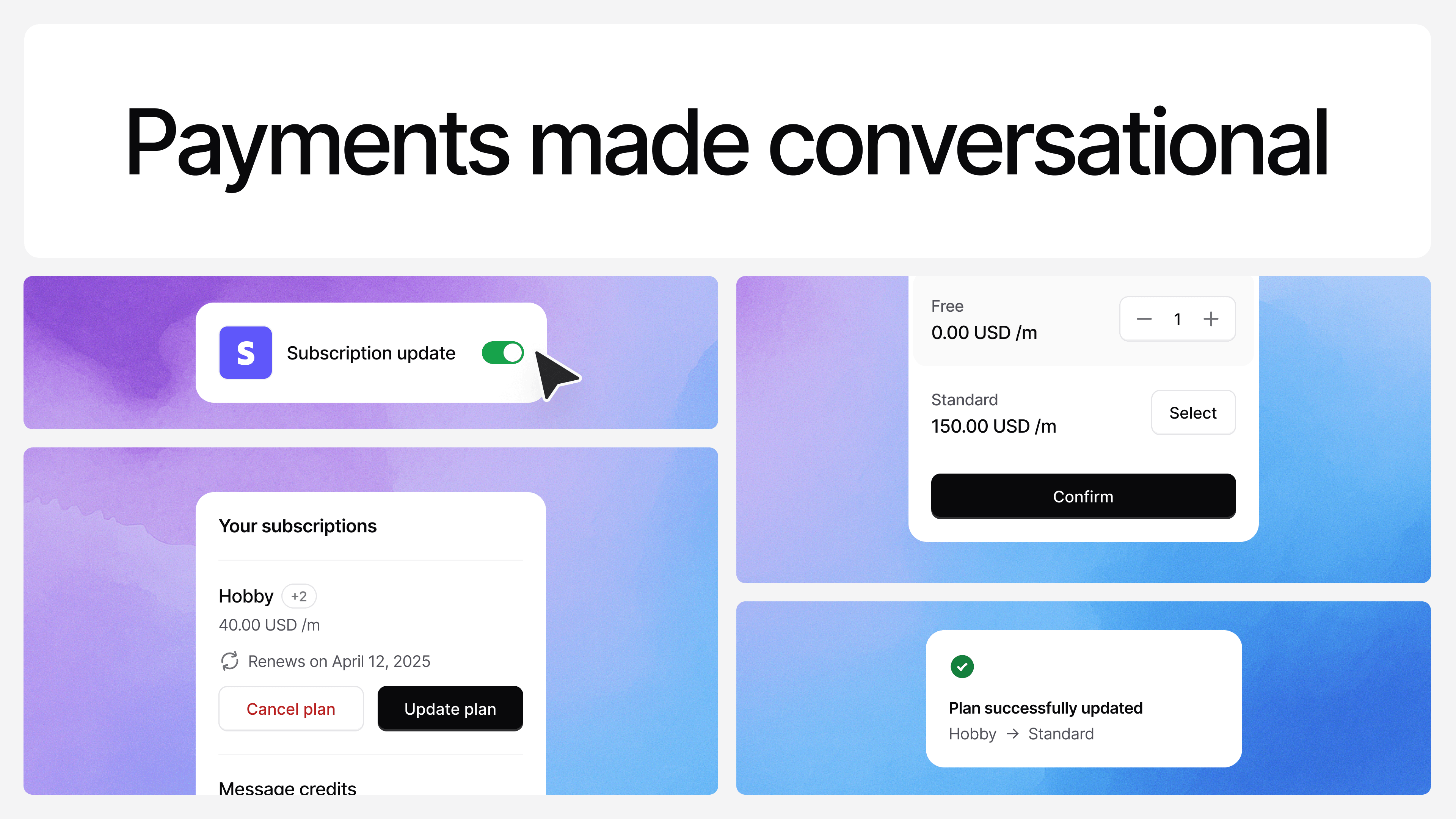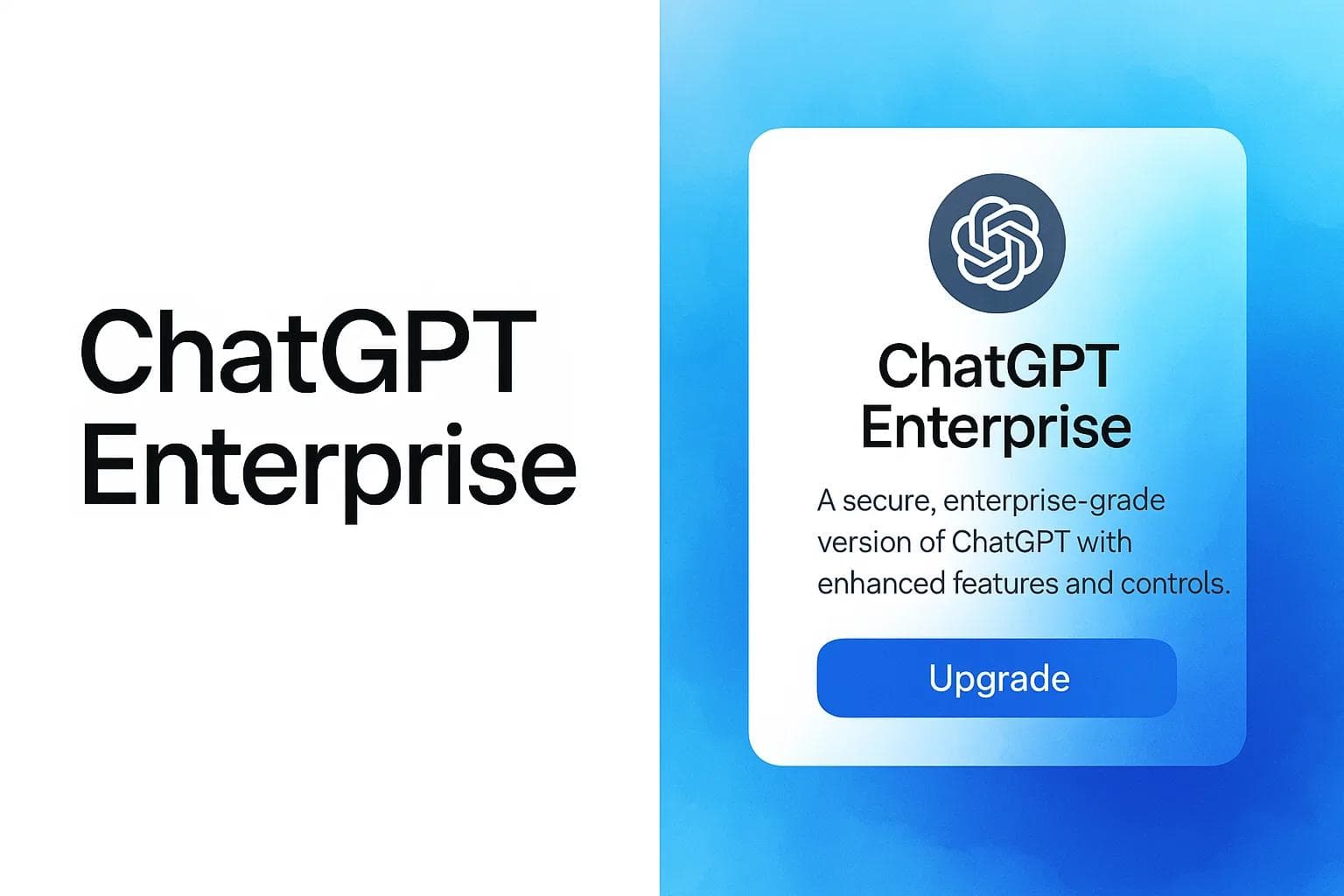7 Examples of Using ChatGPT for Small Business
Ilias Ism
May 16, 2024
9 min read
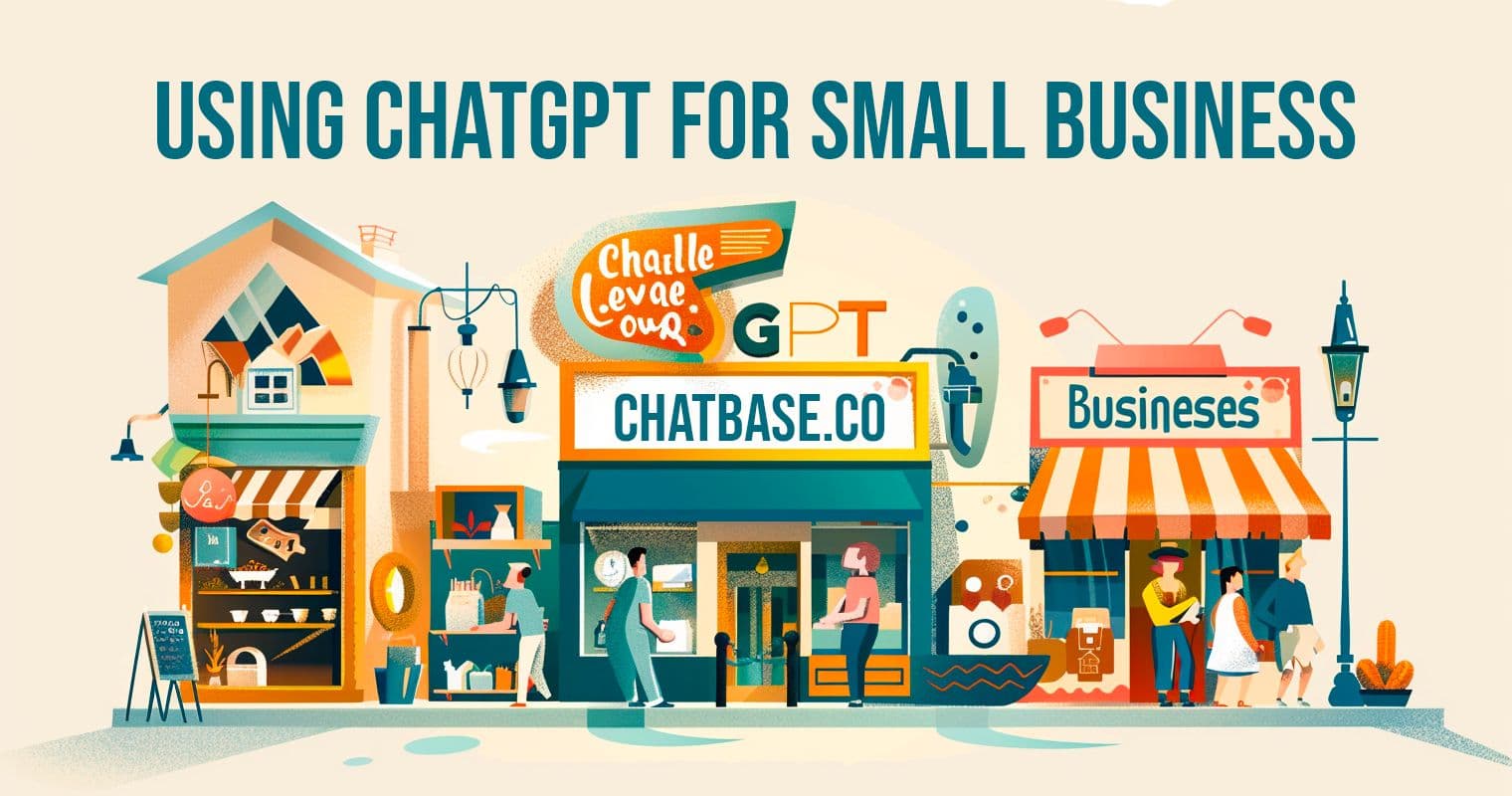
As a small business owner, you're always looking for ways to work smarter, not harder.
Artificial intelligence tools like ChatGPT are making that possible by automating tasks, generating content, and providing data-driven insights.
ChatGPT, the powerful language model from OpenAI, can be a game-changer for small businesses looking to improve efficiency and grow their customer base.
Here are 7 practical examples of how small businesses can leverage ChatGPT (and Chatbase) to streamline operations and boost their bottom line:
1. Automate Customer Service
One of the most impactful ways small businesses can use ChatGPT is to automate customer service inquiries. By integrating ChatGPT into your website or messaging apps, you can provide instant, human-like responses to common customer questions 24/7.
For example, a small e-commerce store could train ChatGPT on their FAQ and product information.
When a customer asks a question like "What is your return policy?" or "Do you offer free shipping?", a Chatbase chatbot can provide an accurate answer immediately, without the need for human intervention.
This frees up your customer service team to focus on more complex issues that require a personal touch.
Some key benefits of using Chatbase ChatGPT for customer service automation include:
- Faster response times and higher customer satisfaction
- Reduced staffing costs
- Ability to serve customers around-the-clock
- Consistent, accurate answers to repetitive questions
2. Generate Marketing Copy
Creating compelling marketing copy is essential for attracting customers, but it can be time-consuming for small business owners wearing many hats.
ChatGPT excels at generating human-like text based on prompts, making it a powerful tool for brainstorming and drafting marketing content.
Some examples of marketing copy ChatGPT can help generate:
- Product descriptions
- Social media posts
- Email newsletters
- Blog post outlines
- Ad copy
- Landing page content
While the output from ChatGPT should always be reviewed and edited by a human, it can provide a solid first draft to work from, saving hours of writing time.
You can feed ChatGPT information about your brand voice and target audience to get highly relevant results.
For instance, a small bakery could input details about their specialty cupcakes and desired chatbot persona (e.g. playful and fun) and have ChatGPT generate Instagram captions or a promotional email showcasing their latest flavors.
The bakery owner can then tweak and polish the copy before posting. Implementing DMARC setup can further enhance email security, ensuring that B2B marketing emails are authenticated and reducing the risk of phishing attacks.
3. Conduct Market Research
Understanding your target market and competition is crucial for small business success, but thorough market research can be costly and complex.
ChatGPT can assist in gathering market insights quickly by analyzing large amounts of online data.
Say you run a small pet grooming business and want to better understand your local competitors.
You could have ChatGPT scour business listings, review sites, and social media to identify similar businesses in your area and summarize their services, pricing, and customer feedback.
This can help you spot gaps in the market, gauge pricing, and identify ways to differentiate your business.
ChatGPT can also be used to analyze customer sentiment about your brand or industry.
By feeding it customer reviews or social media comments, you can gain insights into what customers like, dislike, and want from businesses like yours.
These insights can inform your product offerings, marketing messages, and customer experience.
4. Streamline HR Tasks
From writing job descriptions to onboarding new hires, HR tasks can soak up a lot of time for small business owners.
ChatGPT can help streamline various HR processes:
- Generating job postings based on the role requirements
- Drafting employee handbooks and policies
- Answering common HR questions from employees
- Creating onboarding checklists and training materials
- Providing writing prompts for performance reviews
For example, say you need to hire a new salesperson.
You could input the key qualifications and responsibilities into ChatGPT and have it generate a compelling job description to post on hiring sites.
Once you hire someone, you can leverage ChatGPT to draft a personalized welcome email and orientation checklist covering key points about their role and your company.
By automating these routine writing tasks, small business owners and HR staff can save significant time while ensuring consistent, professional communications.
5. Provide Personalized Product Recommendations
Personalized product suggestions can be a powerful way to drive sales and customer loyalty, but many small businesses lack the data and tools to offer tailored recommendations.
ChatGPT can analyze customer preferences and behavior to generate highly relevant product suggestions.
For instance, an online vintage clothing store could integrate ChatGPT into their customer service chat or email marketing. Alternatively, QR codes can also be used to enhance customer service by linking to feedback surveys and improve email marketing engagement effortlessly. Businesses can further streamline this process by using a qr code generator to quickly create custom QR codes for various marketing and customer interaction needs.
When a customer reaches out or makes a purchase, ChatGPT could analyze their inquiries, order history, and browsing data to recommend similar styles they may like.
The store owner can review and approve these recommendations before sending.
Some other ways ChatGPT can enhance personalization:
- Generating personalized discount codes and promotions based on customer data
- Tailoring email and chat responses to the customer's interests and past interactions
- Offering bundle or upsell suggestions complementary to the customer's purchase
- Proactively reaching out to customers due for a repurchase with new product ideas
6. Develop SEO-Optimized Content
Ranking well in search engines is make-or-break for many small businesses, but Search Engine Optimization (SEO) can seem complex and constantly changing.
ChatGPT can simplify the process of developing optimized website content that both search engines and humans love.
For example, a local plumber could input a list of services and FAQs into ChatGPT, along with target keywords like "emergency plumbing" and "water heater repair."
ChatGPT can then generate SEO-friendly service page descriptions, blog posts, and answers to common plumbing questions, weaving in those keywords naturally.
To take this a step further, incorporating a local seo tool can help identify region-specific keywords and optimize content for maximum local visibility. By combining AI-generated content with targeted SEO insights, small business owners can ensure that their website not only resonates with visitors but also ranks higher in local search results.
The plumber can use this content as a foundation for their website. However, with tools like an AI reword generator helping to adjust the content to match their unique voice and expertise.
Over time, this optimized content can help their site rank higher in search results and attract more organic traffic.
ChatGPT can also assist with:
- Conducting keyword research to identify high-value terms to target
- Analyzing competitor content to spot opportunities
- Generating meta descriptions and title tags
- Suggesting internal linking opportunities to boost SEO
- Identifying content gaps and topics to cover
7. Gain Actionable Data Insights
Small businesses today have access to mountains of data, from website analytics to sales figures, but making sense of it all can be overwhelming.
ChatGPT can act as a data analyst, uncovering insights and generating reports from raw data sets.
Say you own a small e-commerce store and want to better understand your sales trends.
You could feed ChatGPT data from your online store platform and ask it questions like:
- What were the top selling products last quarter?
- How did website traffic and conversion rates change month-over-month?
- What days and times do we tend to get the most sales?
- Which marketing channels are driving the highest ROI?
ChatGPT can crunch the numbers and provide a plain-English summary of key takeaways.
It can even suggest data-driven actions to take, such as featuring top sellers more prominently on your homepage or increasing ad spend on high-performing channels.
Some other data-related tasks ChatGPT can assist with:
- Cleaning and organizing messy data sets
- Generating data visualizations like charts and graphs
- Analyzing customer feedback for sentiment and common themes
- Forecasting sales and revenue based on historical data
- Calculating key business metrics and KPIs
The Possibilities Are Endless
These are just a handful of examples of how small businesses can use ChatGPT to work more efficiently, better understand their customers, and ultimately grow.
As ChatGPT continues to evolve, the potential applications for small businesses will only expand.
The key is to start experimenting with the tool to find the use cases that make the biggest impact for your unique business.
Keep in mind that ChatGPT is not a replacement for human expertise and creativity, but rather an assistant to enhance and streamline your work.
When implementing ChatGPT in your small business, be sure to:
- Clearly define the tasks and outputs you want from ChatGPT
- Provide high-quality, relevant data and prompts
- Always review and refine ChatGPT's output before putting it into use
- Monitor performance over time and gather feedback
- Stay up-to-date on best practices for safe, ethical, and transparent AI usage
With the power of ChatGPT in your small business toolkit, you can save time, gain valuable insights, and deliver exceptional customer experiences that set you apart from the competition.
Share this article:
